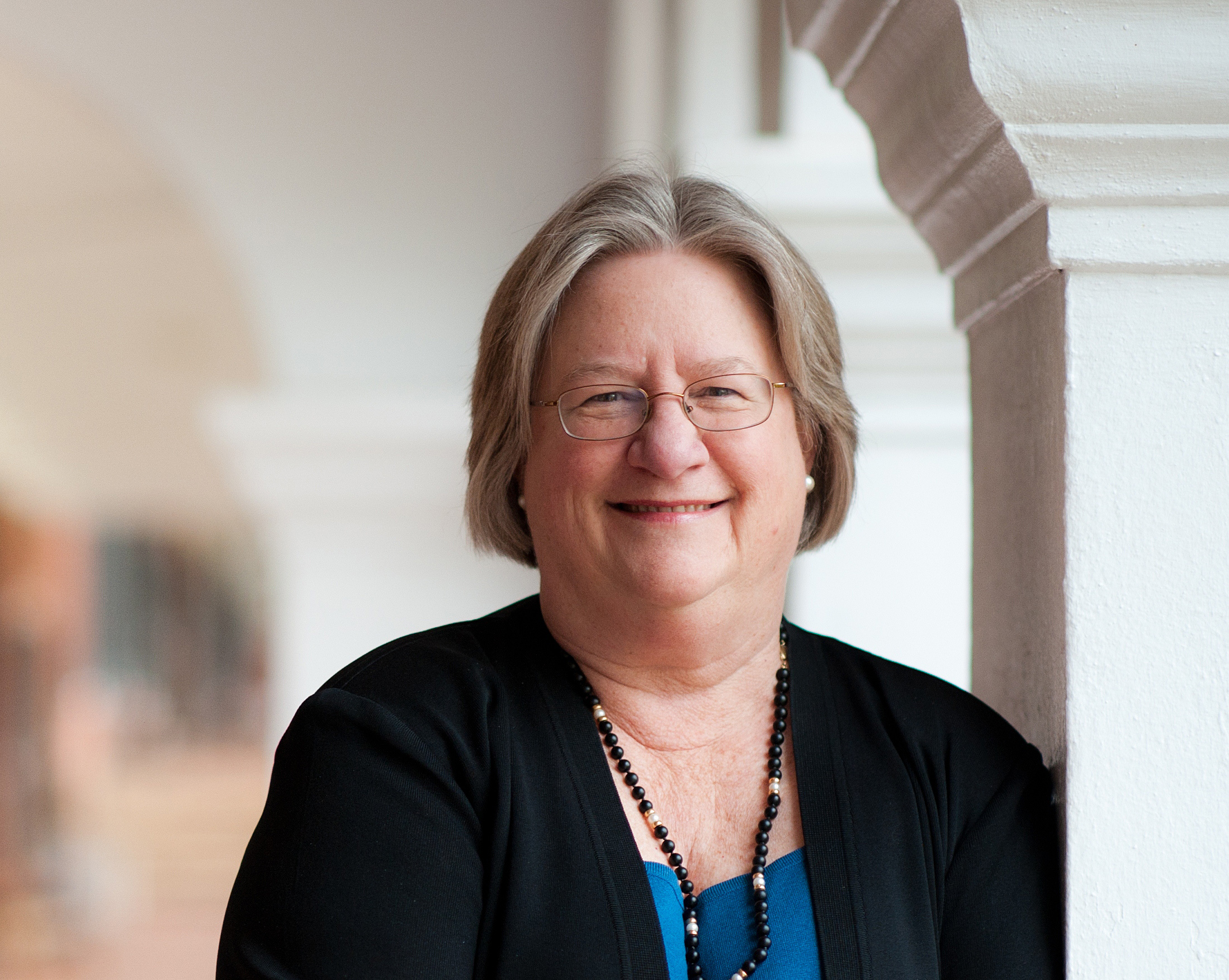Women’s studies became a new academic discipline in the 1970s, and the University of Virginia first offered it as an interdisciplinary major in 1981. The program was renamed “Studies in Women and Gender” – called “SWAG” – in 1999. This semester, its name has been changed again – to “Women, Gender and Sexuality.”
The name changes reflect “a natural evolution of the program,” its director, Charlotte Patterson, said. A psychology professor in the College of Arts & Sciences, Patterson became director last year. Almost all of the program’s instructors have joint appointments with other departments.
The name was changed to SWAG to include scholarly inquiry about men and social and cultural ideas about masculinity. The new name indicates the program’s expansion to cover issues of sexuality and sexual orientation, she said.
“This area of scholarship is exploding in many fields,” Patterson said, and the wider focus has become a trend in the original women’s studies field. Sexual orientation is being studied across many disciplines, including literature, history, sociology, media studies, anthropology and psychology. Patterson’s own research focuses on family and developmental psychology as they relate to sexual orientation. She hopes to build on the Women, Gender and Sexuality curriculum, eventually adding more courses that explore a topic like gender, for example, from an interdisciplinary perspective.
“There’s been an intellectual shift here and at other schools,” she said. Researchers are more interested in studying subjects from thematic and interdisciplinary perspectives.
Courses currently being offered focus on topics such as women’s media, literature and art, women in sports, queer theory and gender politics.
Student interest has also pushed the program’s growth over the years, she said. When a new course, “Introduction to LGBTQ Studies,” was offered for the first time this fall, it filled quickly and had a waiting list, Patterson said. (LGBTQ refers to lesbian, gay, bisexual, transgender and queer or questioning sexual orientation.)
The course, being taught by lecturer Rachel Riskind, covers material that students show a lot of interest in, Patterson said. They or their relatives or friends might identify as LGBTQ, or LGBTQ issues may be relevant to a student’s major.
“Students are thrilled to be in the class,” Patterson said.
Alumni have been supportive, Patterson said. The Serpentine Society, a network that reaches out to and advocates for all gay, lesbian, bisexual and transgender U.Va. alumni and students, is helping to raise funds for the program, since they couldn’t study some of the topics when they were undergraduates, she said.
Patterson said offering the program at U.Va. is important, especially in light of the University’s all-male history. Men developed the curriculum, she pointed out, but now the number of female students has reached 55 percent of total enrollment – and it’s even higher in the College of Arts & Sciences.
“The curriculum needs to adapt,” she said.
Media Contact
Article Information
September 17, 2012
/content/program-s-name-change-reflects-expanded-study-women-gender-and-sexuality

